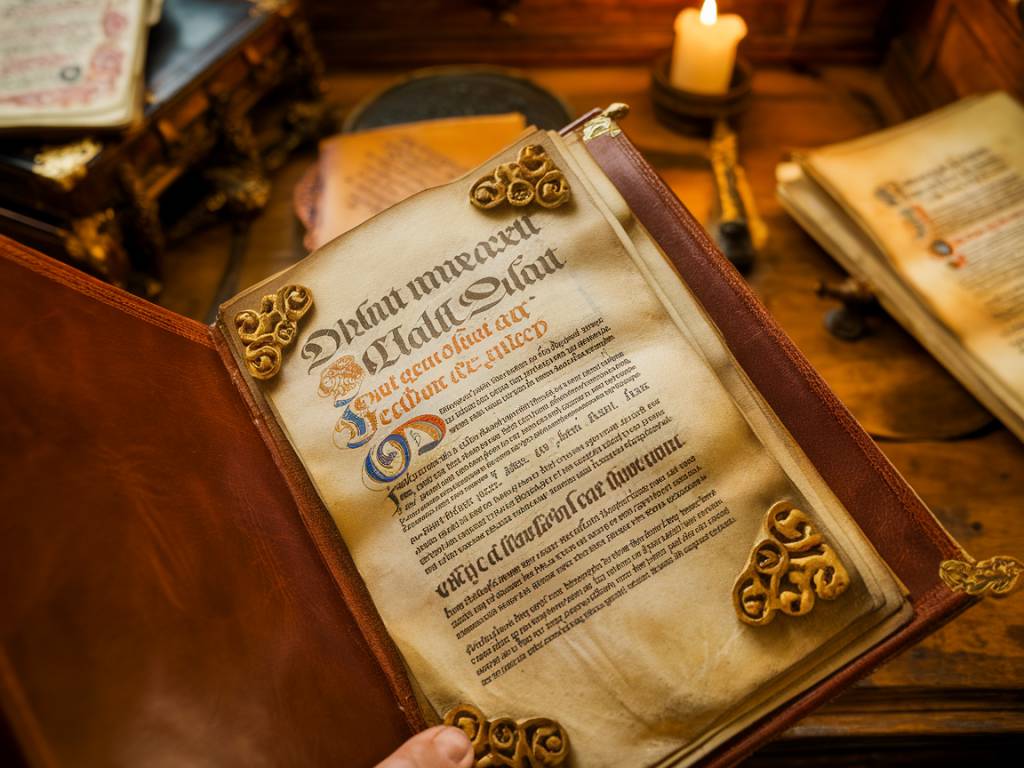Exploring the historical roots of the Welsh language

Exploring the historical roots of the Welsh language
Have you ever wondered about the origins of the Welsh language? A language that whispers through the rolling hills and echoes in the valleys of Wales is far more than a means of communication; it is a living link to the past. From its ancient roots to its modern revival, the story of Welsh is one of resilience, identity, and tradition. So, let’s unravel its history and immerse ourselves in the fascinating world of this Celtic tongue.
The Ancient Beginnings: A Celtic Legacy
The Welsh language, or Cymraeg, belongs to the Brythonic branch of the Celtic languages, a family that includes Breton and Cornish. Its origins can be traced back to the arrival of the Celts in Britain, sometime between 1000 and 600 BCE. As these early settlers spread across the land, their language began to evolve, taking on regional quirks and distinctions.
By the 6th century, the insular Celtic languages had split into two groups: Goidelic (spoken in Ireland and later Scotland) and Brythonic (spoken in mainland Britain). Welsh is a direct descendant of Brythonic, making it one of Europe’s oldest living languages. Knowing this, you could say that every word spoken in Welsh carries an echo of ancient Britain, wouldn’t you agree?
A Language Shaped by History
As Britain changed, so did the Welsh language. The Roman occupation from 43 CE to around 410 CE had a notable impact. The Romans brought Latin to Britain, and while they didn’t suppress the native tongues, traces of Latin did creep into Welsh vocabulary. Words for fortifications, roads, and religious concepts bear the imprint of Latin influence to this day.
However, it was after the fall of the Roman Empire that the Welsh language truly began to take shape as a distinct entity. With the arrival of the Anglo-Saxons in England (around the 5th century), the Brittonic speakers in Wales found themselves geographically and linguistically separated. This insulation allowed Welsh to thrive and develop independently, perhaps even with a sense of defiant pride.
The Age of the Poets
Fast forward to the medieval period, often called the « Golden Age of Welsh Poetry. » This era, spanning roughly from the 9th to the 14th century, was a time when the Welsh language flourished in both oral and written traditions. Poets, or « beirdd, » became the custodians of Welsh heritage. Their works celebrated the heroism of warriors, the beauty of the landscape, and tales of myth and legend. Names like Taliesin and Aneirin stand out as luminaries of this period, their compositions preserved in manuscripts such as the Book of Aneirin and the Black Book of Carmarthen.
This was also the age of the Mabinogion, a collection of prose tales steeped in Welsh mythology. These stories, written in Middle Welsh, offer a glimpse into the language’s evolution and its role in preserving cultural memory. Who wouldn’t want to dive into the world of mystical cauldrons and heroic adventures, all narrated in the lyrical flow of Cymraeg?
Challenges and Decline
The Norman Conquest of England in 1066 marked the beginning of challenges for the Welsh language. Although Wales retained its linguistic independence for centuries, the eventual annexation of Wales by England in 1536 brought significant changes. The Act of Union led to English becoming the dominant language of governance and law in Wales. Welsh, once the language of kings and poets, faced a gradual decline in official status.
By the 19th century, the suppression of Welsh had intensified. The infamous « Welsh Not » policy in schools marked a dark chapter; children caught speaking Welsh were punished, further stigmatizing the language. It seemed that Cymraeg was under siege, but much like the undulating Welsh landscapes, it wasn’t about to fade quietly.
A Revival Rooted in Passion
The 20th century saw an extraordinary turn of events as the Welsh language underwent a dramatic revival. Grassroots movements and passionate individuals began to fight for its preservation. In 1962, the formation of Cymdeithas yr Iaith Gymraeg (the Welsh Language Society) catalyzed a series of campaigns advocating for equal status for Welsh.
One of the most significant achievements was the Welsh Language Act of 1993, which granted Welsh equal legal status with English in Wales. The establishment of Welsh-medium schools and broadcasting services, like S4C (the Welsh-language TV channel), further reinforced the language’s place in modern society.
Today, initiatives continue to inspire new generations of Welsh speakers, from bilingual road signs to apps like Duolingo, which make the language more accessible than ever. Over half a million people in Wales now speak Welsh, a number that’s steadily growing. Isn’t it remarkable how a language can evolve while staying deeply connected to its roots?
The Role of Welsh in Modern Culture
It’s impossible to separate the Welsh language from the identity of Wales itself. From Eisteddfodau (cultural festivals that date back to the 12th century) to modern pop music sung in Cymraeg, the language continues to be a vital thread in the nation’s cultural tapestry.
Take, for instance, the annual National Eisteddfod, a celebration of Welsh arts, poetry, and music. It’s not merely an event; it’s a testament to the resilience of a community that has held onto its linguistic heritage with steadfast determination. Even the rise of Welsh-language bands like Alffa and innovative initiatives like Adnodd, a platform for Welsh creators, prove that Cymraeg is as vibrant as ever.
The Call of History
As we delve into the historical roots of the Welsh language, it becomes clear that Cymraeg is far more than just a medium of expression. It is a repository of history, a badge of identity, and a bridge to an ancestral past. Whether you’re sipping on a warm cup of cawl and watching the mist roll over the Brecon Beacons or tracing ancient inscriptions in the stone circles of Anglesey, the resonance of the Welsh language is always close at hand.
So, next time you find yourself exploring Wales’ breathtaking landscapes or diving into its rich traditions, why not pick up a Welsh phrase or two? After all, there’s no better way to connect with a place than through its language. As they say in Wales, « A nation without a language is a nation without a heart. » Diolch yn fawr iawn—thank you very much—for taking this journey through time and words with me.





